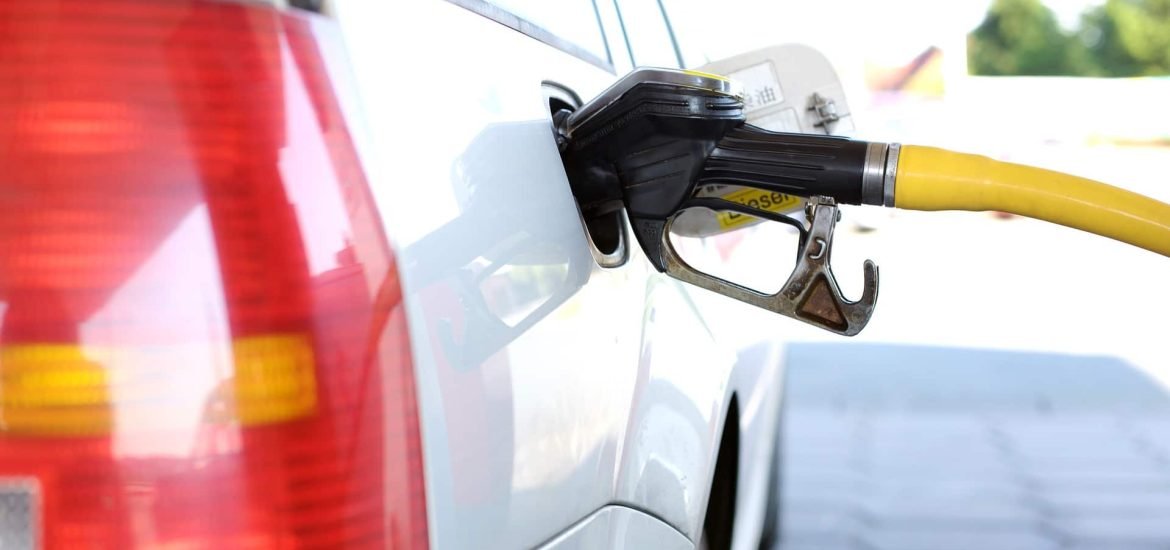
The European Commission has approved an Italian program to provide €4.7 billion in public support for advanced biomethane and biofuels.
Under EU state aid rules, the Commission approved the Italian funding scheme on Thursday. The program will support the production and distribution of second and third generation biofuels, including advanced biomethane and advanced biofuels, for use in Italy’s transport sector between 2018 and 2022.
“This is yet another step towards greater use of renewable energy in Europe and helping Italy’s transition to more environmentally friendly fuel sources,” said European Competition Commissioner Margrethe Vestager. “The scheme will encourage the production and consumption of advanced biofuels in Italy, while limiting distortions of competition.”
Advanced biofuels are often produced from waste materials. Biomethane, for example, is a naturally occurring gas produced by decomposing organic matter, including organic waste at landfills, sewage, manure and dead animal and plant material. The production of advanced biofuels does not require the use of agricultural land and therefore significantly reduces the risk of indirect carbon dioxide emissions, according to the Commission.
Along with electric vehicles, the Commission notes biofuels are “one of the main low-carbon alternatives to fossil fuels used in transport, as they are easily deployable on existing transport infrastructure.”
The Commission therefore says increasing the use of biofuels in the EU will not only cut down on greenhouse gas emissions, but also improve the security of the bloc’s energy supply. Currently, Russia is one of the largest suppliers of the EU’s energy, with Gazprom currently supplying around a third of Europe’s gas market.
Although advanced biomethane and advanced biofuels are the most sustainable and eco-friendly of all biofuels, the cost of producing them is significantly higher than fossil fuels. Under the new program, Italian producers of advanced biofuels and biomethane will receive a premium in order to compete with fossil fuel producers. If producers invest in improvements to processes for liquefying and distributing advanced biomethane, they will be eligible for a higher premium.
Since Italian fuel retailers are required by law to incorporate a certain portion of advanced biofuels and biomethane into their fuel blends, they will contribute to the program’s financing.
By 2020, EU fuel retailers will be required to reduce “greenhouse gas intensity” of their fuel mixes by at least 6%. Under the EU’s Renewable Energy Directive, 10% of transport fuel in every member state must come from renewable energy sources by 2020.
A recent report from the International Renewable Energy Agency (IRENA) underscored the importance of developing both advanced and conventional biofuels in the EU. The report outlined how increasing the EU’s share of renewables to 34% can improve the economy as well as help reduce emissions, and said biofuels are a crucial component of meeting long-term EU decarbonisation goals.
The Commission believes the program will help Italy reach various climate goals, including replacing fossil fuels to meet its 2020 targets for use of renewable energy sources in the transport sector.
The Italian Biogas Consortium (CIB) welcomed the Commission’s decision. CIB President Piero Gattoni emphasised the important role biomethane will play in helping Italy meeting emissions targets and told Italian news agency ANSA that CIB had been waiting for the decision “for a long time.”